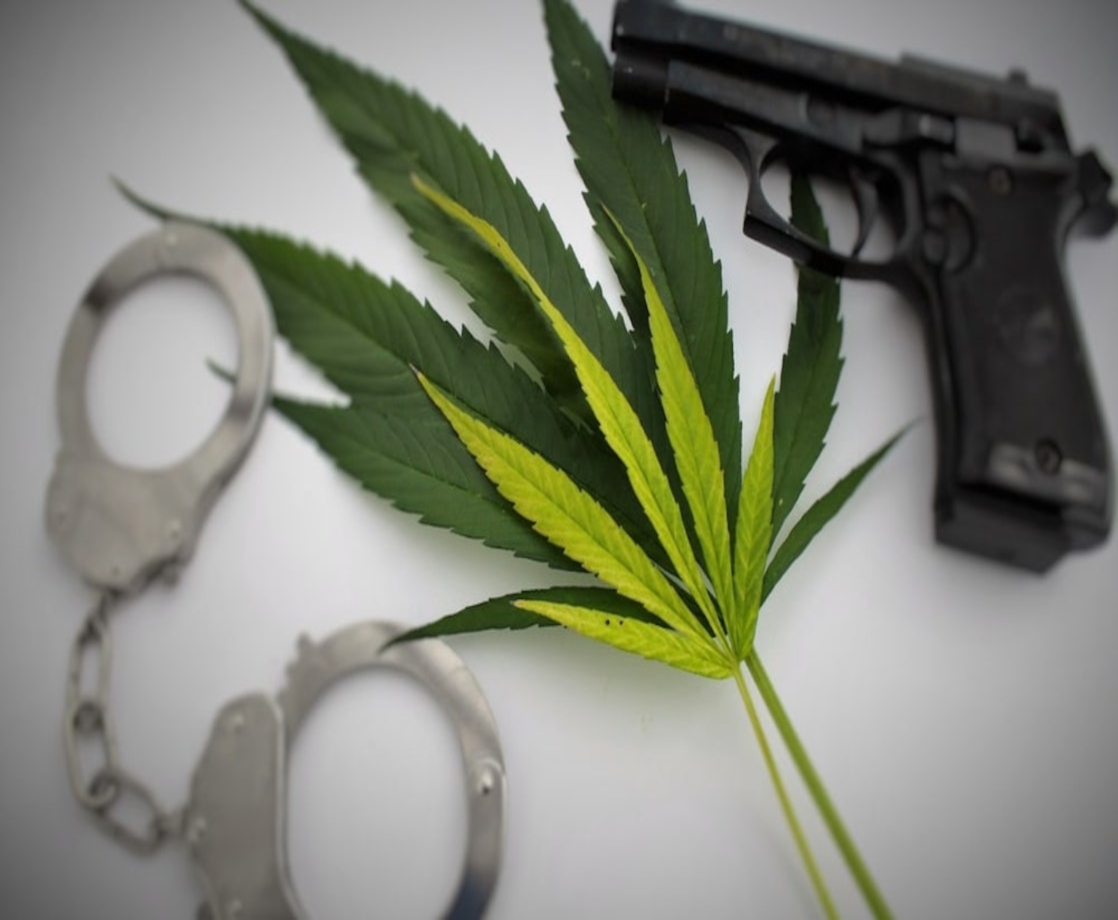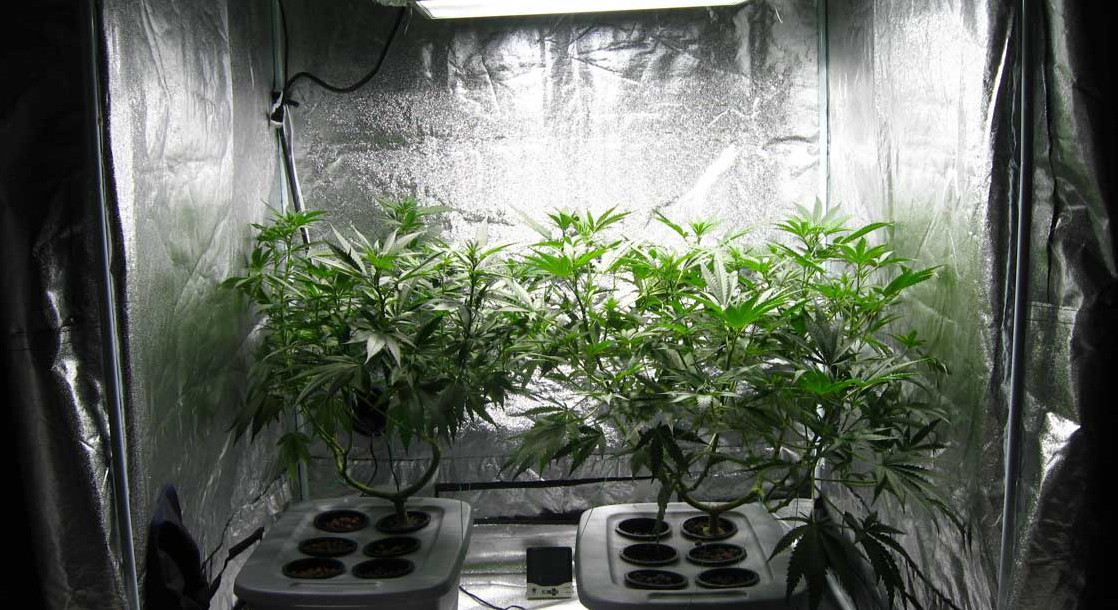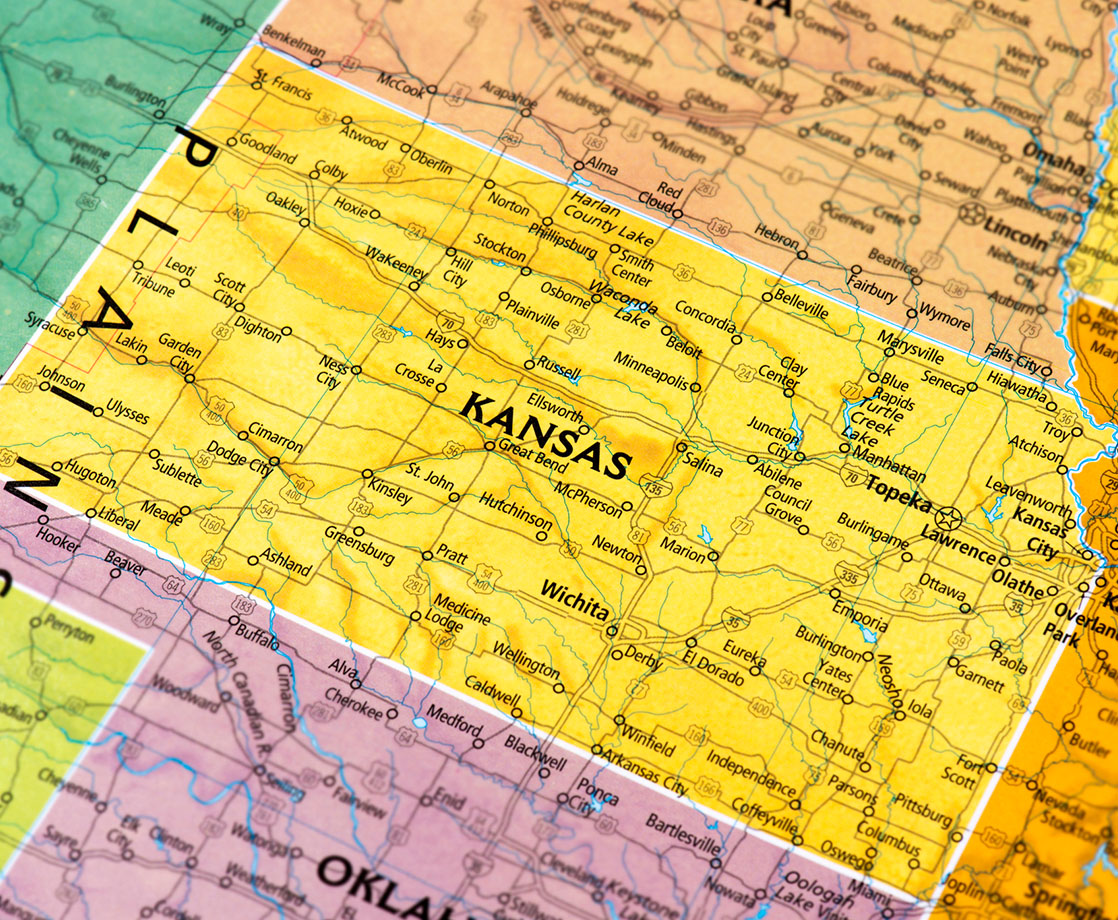As Canada moves closer to legalizing recreational cannabis use and sales across the entire country, a new proposal from one of the world’s most ubiquitous technology companies would have the Great White North embrace blockchain, a decentralized data and transaction management system which was brought to the cultural forefront by the popular cryptocurrency Bitcoin.
According to a report from IBM released last week, the global technology corporation is consulting for the Government of British Columbia as the state “prepares its regulatory framework in support of the legal distribution of cannabis and cannabis by-products,” offering suggestions for how the province home to some 4.6 million residents could best implement the highly anticipated end of marijuana prohibition.
In the company’s first recommendation, IBM proposes that blockchain technology could enable an entirely transparent, tamper-proof system to track B.C.’s bud “from seed to sale.”
“Blockchain is rapidly becoming a world leading technology enabling the assured exchange of value in both digital and tangible assets, while protecting privacy and eliminating fraud,” the IBM report explains. “Its relevance to regulating cannabis is similar to its many chain of custody applications in areas such as pharmaceutical distribution and food chains. The core to those supply chains is the same, assuring health and safety of consumers, preventing fraud and counterfeiting while creating a foundation of transparency upon which to base regulation.”
If you haven't yet boned up on cryptocurrency or blockchain technology, the concept may still be a little confusing. By creating a peer-to-peer network that jointly confirms, tracks, and displays transactions instead of relying upon single, centralized regulator, blockchain allows for banking without banks, or in theory, cannabis regulations without needing private companies or government officials to oversee the province’s marijuana supply chain.
If that still doesn’t make any sense, IBM suggests reading the blockchain Wikipedia entry for a more detailed description of the cryptographic system.
In addition to providing regulatory transparency and decentralized control, IBM suggests that a blockchain management system could provide precise consumer data about exactly what, where and how much of any cannabis product is sold, fostering the widespread distribution of deep quantitative sales insights about the still-burgeoning legal weed industry.
In the United States’ young cannabis sector, a number of companies, including Metrc, BioTrackTHC, and MJ Freeway, have been contracted by state regulators to track the legal growth and sale of medical and recreational marijuana. On the consumer data end, private firms like BDS Analytics and Headset collect point-of-sale information from dispensaries and wholesalers and create reports to relay that data back to regulators, producers, and consumers.
With blockchain management, the need for those companies could be greatly diminished, replaced by a shared ledger that would update cannabis production, distribution, and sales data in real time.

Image via IBM
“By having one set of books (distributed ledger) governments quickly see the benefits of greater visibility, which in turn leads to optimization, improved reconciliation, greater auditability and regulatory compliance,” the IBM report claims. “All participants within the trusted network will have access to their own copy of the blockchain ledger and no net new information system or complex interfaces are needed to be created as the network serves as the single source of truth.”
The Government of British Columbia hasn’t yet responded to IBM’s suggestion, but in the public report, the computing magnate is confident that blockchain could be a game changer for the province’s impending legal cannabis market.
“This type of transparency would bring a new level of visibility and control to the provincial regulators and provide assurance to the multitude of cautious stakeholders regarding the way the management of a cannabis supply chain is rolled out within British Columbia,” the IBM report concludes.
All indications from Canada’s federal government suggest that legal weed sales in the Great White North are still on track to officially start next summer in 2018.
(h/t TNW)











